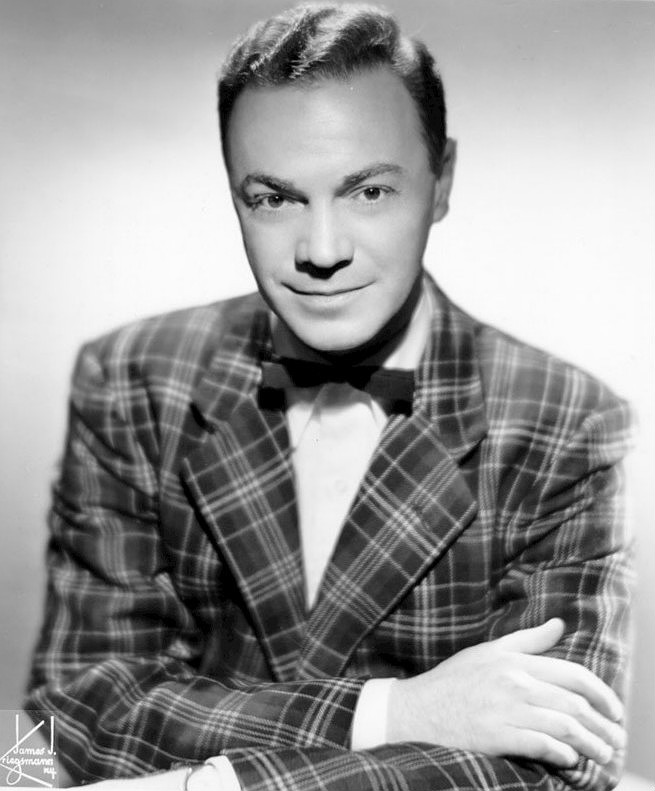
In re-reading Nadine Cohodas’s Spinning Blues into Gold: The Chess Brothers and the Legendary Chess Records (2000) for the Jazz St. Louis Book Club, I stumbled on the fact that personality disc jockey Alan Freed, who named a genre of music “rock and roll,” was born on December 15. The story of his rise and fall is familiar to many who know anything about the rise of rhythm & blues and youth culture in the United States after World War II, when swing music came to an abrupt end as America’s popular music.
Freed emerged from Akron, Ohio, radio to become a major force when he went to Cleveland in 1950. Calling himself the “Moondog” as a result of his stunt of conversing with a howling dog on a record called “Moondog’s Symphony,” by a composer called Moondog. It was part of Freed’s hipster pose. Freed became one of a handful of White DJs who pushed rhythm and blues on his show, becoming such a force in the industry that he could almost make or break records with his airplay and influence how the independent record companies who produced R&B, rockabilly, and rock and roll, dealt with their artists by recommending performers to certain labels. His influence was monumental. He was, as they say in the industry, a “hit” man, as much of one as any producer or owner. But, it nearly goes without saying, he used his influence to feather his own nest: He was paid handsomely to play certain records (Cohodas describes Freed’s relation with Leonard and Phil Chess in great detail, a warm friendship shaped by money); he received composer credits for songs he did not write, such as Chuck Berry’s “Maybelline.” This was a common practice in the popular music business almost since its inception with song pluggers, gifts to immensely popular singers to sing certain songs, grease for the palms of influential people, managers, music publishers, and the like, who could move sheet music or records.
By the time Freed moved to New York City in the mid-1950s, he was a powerhouse. He even made five “teen” films, with thin plots and lots of music, that prominently featured rock and roll, including several Black musicians like Chuck Berry (with a speaking role no less), Little Richard (who was in nearly every film), and Lionel Hampton who was (oddly) dubbed Mister Rock and Roll in the film, Mr. Rock and Roll. Freed did a lot to break down racial barriers in popular music by promoting Black performers and holding many concerts and revues where the audiences were integrated. He was a Jew whose relationship with Black artists of the time was as complicated as that of most of the Jews who ran R&B labels, good and bad, deeply humane yet exploitative, paternalistic but sincere. (By the way, in the pirate-like music industry, everybody is a thief. Even Don Robey and Berry Gordy, Black record company owners, were accused of cheating Black artists.)
Freed got caught up in the payola scandal of 1959, lost his DJ job at WABC, his status, his influence, his career. He was disgraced when it was discovered that he played tunes for money. In January 1960, the U.S. House held hearings on payola and investigated the music industry, as if Congressmen did not know a thing or two about “pay for play” in their association with lobbyists. But the beam in your neighbor’s eye is so much bigger than the moat in your own. Of course, this was just Congress’s continuing war on popular culture starting with Hollywood movies and communism, then moving on to comic books and the grotesque. Finally, Congress wanted to give us popular music being played on the basis of, you guessed it, merit. Freed was a broken man when he died at the age of forty-three in 1965. He was rightly inducted into the Rock and Roll Hall of Fame in 1986.
